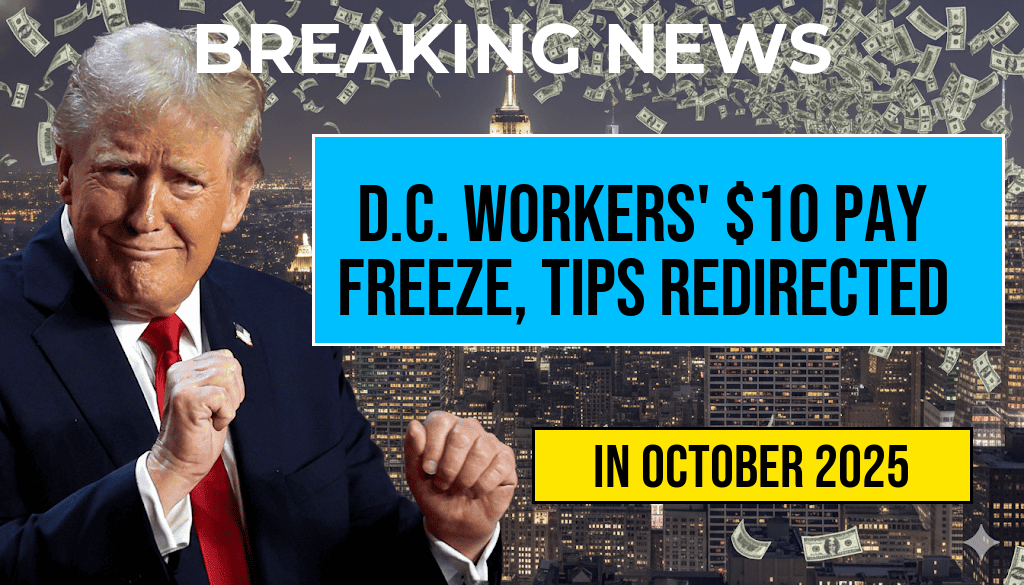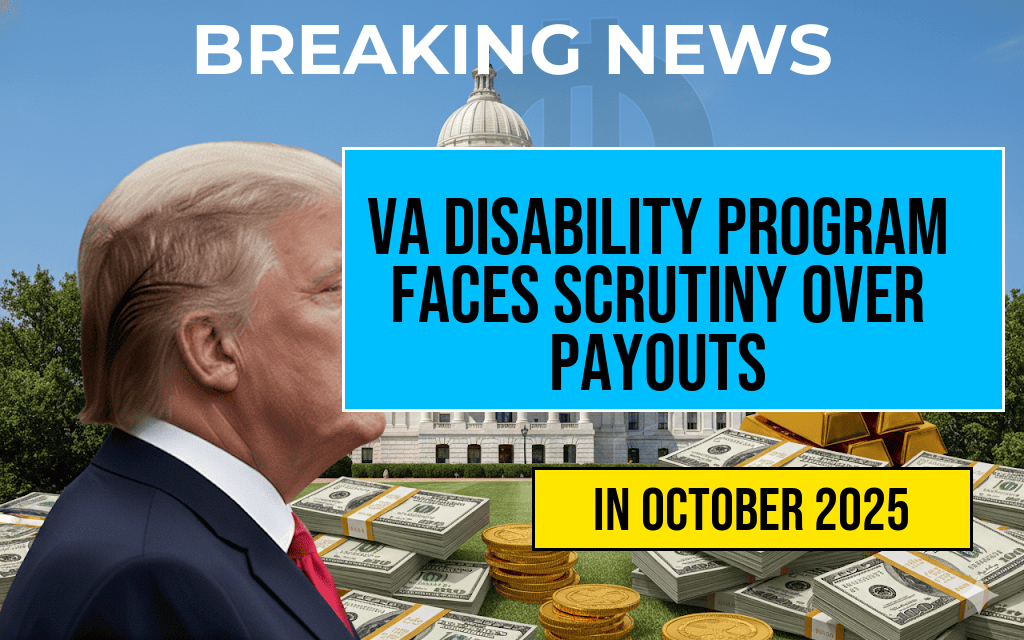In a significant policy shift, tipped workers in Washington, D.C. are facing a freeze on their base pay, which is set at $10 per hour. This decision comes as the city grapples with the economic impacts of the ongoing pandemic and rising living costs. The policy change is expected to redirect hundreds of dollars each week to tips, as employers are allowed to maintain a lower base pay for employees who earn gratuities. Critics argue that this move undermines the financial stability of service workers, who often rely on tips to make ends meet. As the debate heats up, both supporters and opponents of the measure are voicing their concerns, highlighting the complexities of the tipping system in the hospitality industry.
Background on Tipped Wages in D.C.
The current base pay for tipped workers in Washington, D.C. has been a contentious issue for years. Under the city’s laws, employers can pay tipped employees a lower base wage, provided that their total earnings—including tips—meet the minimum wage threshold. As of now, the minimum wage in D.C. stands at $16.10 per hour, which means that tipped workers must earn a combination of base pay and tips to reach this threshold.
Details of the Pay Freeze
Effective immediately, the decision to freeze the base pay at $10 per hour means that tipped workers will not see an increase in their guaranteed income, despite rising costs of living. This has raised alarms among advocacy groups who argue that the freeze exacerbates income inequality and financial instability for workers already vulnerable to economic fluctuations.
- Base Pay: $10 per hour (frozen)
- Current Minimum Wage: $16.10 per hour
- Impact on Tips: Increased reliance on gratuities
Impact on Workers and Industry
For many tipped workers, the freeze translates to a greater reliance on tips to make up the difference between their base pay and the minimum wage. This shift could lead to fluctuating incomes, making budgeting and financial planning increasingly difficult. Bartenders, waitstaff, and other service employees may find their earnings vary drastically from week to week based on customer traffic and generosity.
According to a study by the Economic Policy Institute, tipped workers are disproportionately people of color and women, raising concerns about the fairness of the pay structure. Many industry advocates argue that the tipping system can perpetuate discrimination and bias, affecting the livelihoods of those relying on tips for their income.
Reactions from Stakeholders
Responses to the pay freeze have been mixed, with advocacy groups and workers expressing dissatisfaction. Economic Policy Institute representatives have criticized the decision, arguing it prioritizes business interests over the welfare of workers. Meanwhile, some restaurant owners defend the move, citing the need to maintain profitability in a challenging economic environment.
- Critics: Advocacy groups, workers’ unions
- Supporters: Restaurant owners, business associations
What’s Next for D.C. Tipped Workers?
The future of tipped wages in Washington, D.C. remains uncertain. As the city navigates the complexities of the hospitality industry, workers and advocates are calling for a reevaluation of the tipping system altogether. Proposals for a higher base pay and eliminating the tipped wage model have been suggested, aiming to create a more equitable framework for service employees.
Local government officials have indicated that they will continue to monitor the situation, potentially leading to further discussions on wage reform. As this debate unfolds, the experiences of tipped workers will be at the forefront, shedding light on the realities of their economic struggles.
Conclusion
The decision to freeze the base pay for tipped workers in D.C. is a pivotal moment for the hospitality industry and its employees. As discussions continue about the future of tipping and wages, the focus remains on the financial stability of those who serve the public. For more information on the implications of this policy change, you can visit Forbes or check out the Wikipedia entry on minimum wage in the United States.
Frequently Asked Questions
What is the current base pay for tipped workers in D.C.?
The current base pay for tipped workers in D.C. is $10, but there will be a freeze on this amount, meaning it will not increase as previously planned.
How does the pay freeze affect tipped workers’ earnings?
The pay freeze means that tipped workers will continue to receive the same base pay, which may redirect hundreds of dollars that would have gone to base pay into tips instead, potentially impacting their overall earnings.
Why was the decision made to freeze the base pay for tipped workers?
The decision to freeze the base pay for tipped workers was influenced by concerns over the economic impact on businesses and the overall tipping culture in D.C.
How do tipped workers in D.C. usually supplement their income?
Tipped workers in D.C. typically supplement their income through tips from customers, which can vary greatly depending on the service provided and customer generosity.
What are the potential long-term effects of this pay freeze on the tipped worker industry?
The long-term effects of this pay freeze could lead to increased reliance on tips, potential dissatisfaction among workers, and changes in how customers perceive and engage with tipped services.








